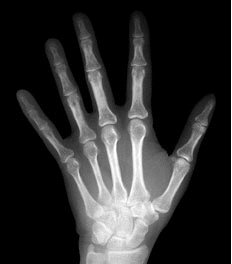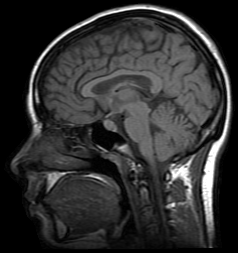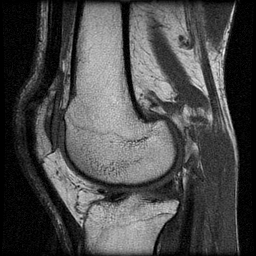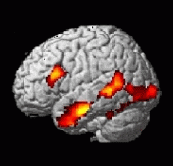This course presents an
introduction to the mathematical, physical, and computational principles
underlying modern medical imaging systems. It will cover fundamentals
of X-ray radiography, X-ray computed tomography (CT), ultrasonic
imaging, nuclear imaging, magnetic resonance imaging (MRI), and
functional MRI (fMRI), as well as more general concepts required for
these, such as linear systems theory, the Fourier Transform, and numerical optimization. Popular
techniques for the visualization, segmentation, and analysis of medical
image data will also be discussed, as well as applications of medical
imaging, such as image-guided intervention. The course material is well
suited for students in computer science, biomedical engineering, and
electrical engineering. It will be of appropriate difficulty for both undergraduate and graduate students.
Required: "Fundamentals of Medical
Imaging, 2nd edition" by Paul Suetens, Cambridge University Press
Lab assignments:
There will be 5-6 labs. We will use Matlab to implement these. Matlab is a fast way to prototype programs since most of the tedious routines (Fourier Transforms, linear algebra, etc.) have already been implemented. An introduction to Matlab will be given in class.
Final project:
In the final project you can choose among several advanced topics or suggest your own. You will first write a proposal and then keep a log about your activites via a web page. At the end of the semester, you will present your project to the rest of the class and document your findings on the web page. The final project can use any programmig language (not only matlab). This is most useful when achieving high computational speed is also a goal.







